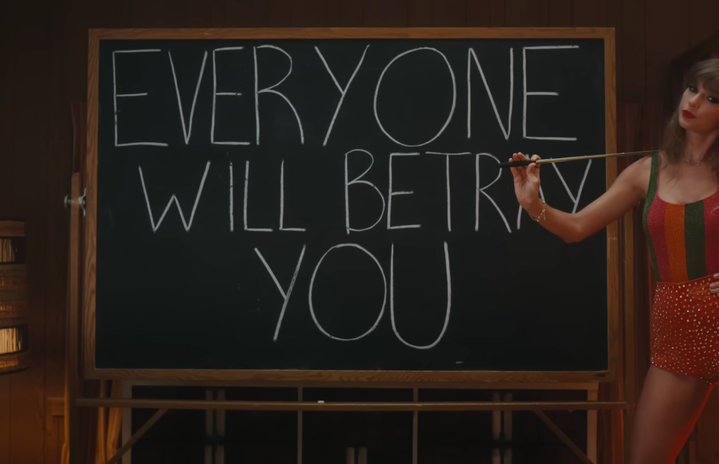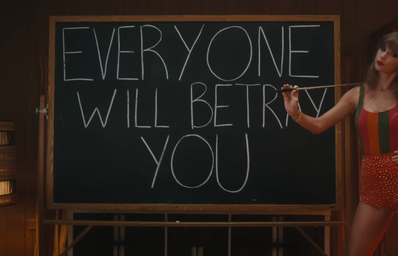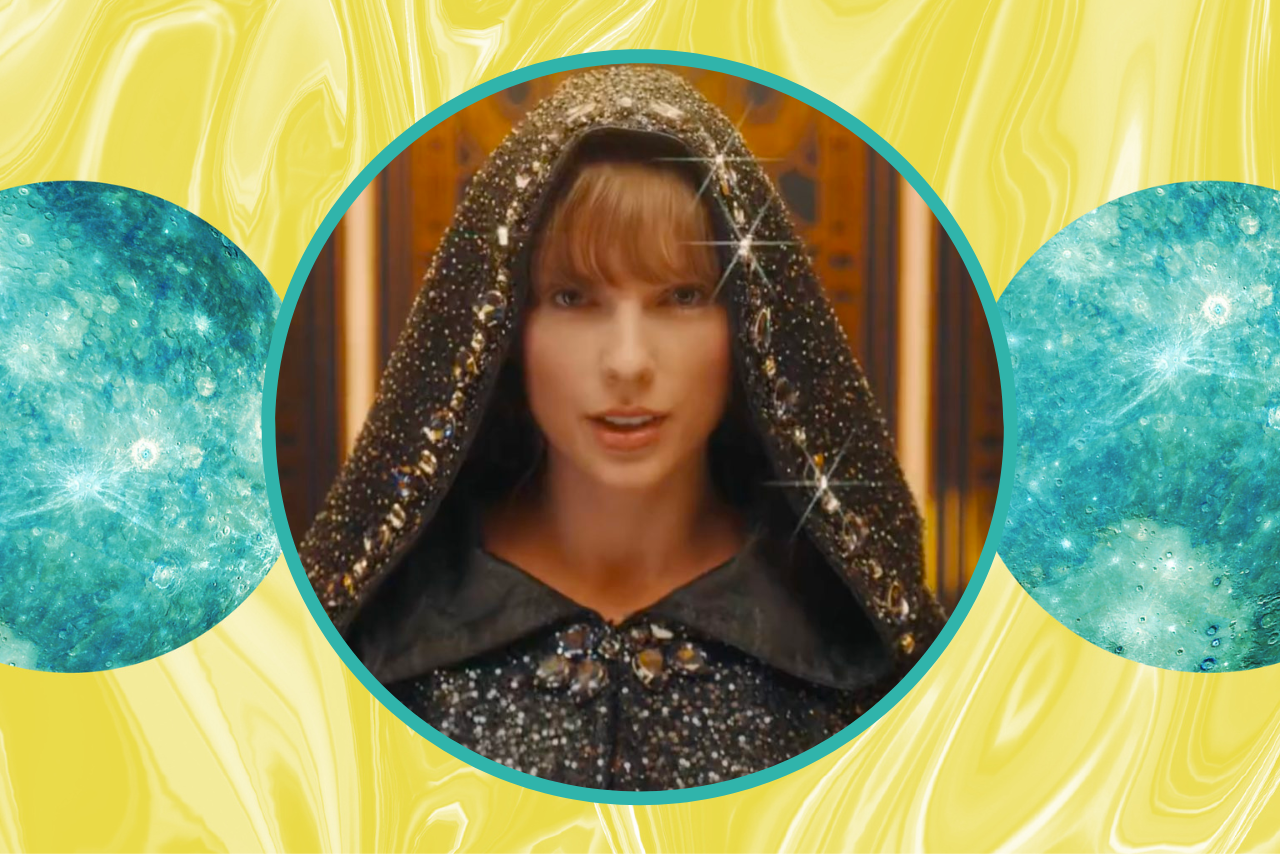What does it mean to stan? If you don’t know what a stan is, maybe fandom rings a bell. Think about 2014-2019 or even now, what fandom were you a part of? Was there a music artist would you have died for? Was there a cast of a TV show that would have made you stop in your tracks? If your answers are yes, you may have been a stan! A stan is “an overzealous or obsessive fan.” In that case, what’s the difference between being a fan and being a stan? There are many different things you can stan, but it is most common in musical artists now. As a patron of Tumblr, I was involved in many different fan groups. Back then, they were aggressive, but they’re nothing compared to what we’re seeing today. To show you my validity and expertise in this topic, here are some of the groups that I was involved in in my younger years: general musical theatre (including Hamilton, Be More Chill, Heathers, Waitress, Dear Evan Hansen, Newsies, Beetlejuice, and the classics, too); Harry Potter and Percy Jackson; Melanie Martinez; Twenty-One Pilots; Fall Out Boy; Panic! At The Disco; dodie; Sherlock (the BBC show); general Tumblr user fandom (I like your shoelaces; thanks I stole them from the president).
As I write and reflect, I’m experiencing a full-body cringe. I think I deserve some kind of medal or award for getting through those times. It was so fun though, re-blogging posts, reading and writing fan fiction, and having online friends. It was all so meaningless and it felt like such a small community, the internet big inside joke with each other.
Nowadays, the fandom community has changed and evolved significantly. The online forums that exist for fan groups are very aggressive and validate each other’s insanity when it comes to defending their chosen god (the celebrity/artist of choice). Celebrities have capitalized on this and named these groups. For example, the BTS Army is one that probably comes to the minds of most internet users. The K-Pop clique as a whole is such a strong community and a huge online presence. The Taylor Swift community—Swifties—is a very prominent force on every platform. These stans are even toxic to each other within the fandoms. You can see this through the act of gatekeeping, which is telling others that they are not “real fans” if they don’t do or like xyz, or not letting the artist’s music grow on other platforms to protect it/keep it for themselves. These communities have a view similar to those of religious views, the god they have chosen to worship is above all else. For Swifties, Taylor Swift is the monolithic god in their eyes. The toxic parts of these communities don’t only view their celebrity as the best; they actively put down every other celebrity in the same breath. Taylor Swift is the best, better than anyone else. For the BTS Army, BTS is the best group, better than another group, etc. The fandoms are acutely critical of everyone else in the world, but their own celebrity/god is above said criticism. Their god floats above the impossible standard they hold everyone else to, and their god can do no wrong. Obviously, this isn’t every stan’s thought process or present in every subculture of these fandoms, but they are the hegemonic ones. The strongest, most oppressive opinions are the ones that seem to represent the madness of the rest.
With the flexibility of social media, stan accounts have been popping up for a while now. They are full Instagram, TikTok, and Twitter profiles solely dedicated to a celebrity, group, artist, etc. In my analogy, it makes sense to relate stans’ accounts to the structures of worship. Where the stans come together to express adoration for their beloveds. If these stan accounts are followed by the celebrity, the admins of those pages are like the chosen ones; they are the messengers for the word of the god. If their celebrity speaks on a certain topic, those words are gospel. I’m sure if you went to look at some stan accounts right now, you’d feel a little uncomfortable. Just as I’m writing this, I saw a Lana Del Rey stan account on Twitter tweet: “I might get fired from my job but that means more time [dedicated to this account]!” The idea that people are dedicating so much time and money to one entity of a celebrity is unsettling to me. Especially knowing how fake ‘Hollywood’ and the various entertainment industries are. I think of that clip of Tom Holland eerily doing exactly the same walk-on for a late-night show, years apart. Celebrities are so scripted and most of the time they are products—the person and artist behind the celebrity is seldom the version that is sold to us online.
With many communities online, they become echo chambers. Just spend 10 minutes on Reddit and you can find some messed up stuff with hundreds or thousands of people agreeing with it! Echo chambers are spaces online or in the real world that hold people who voice opinions that only reflect and affirm your own opinions. Confirmation bias online really helps this concept, which is why extremist groups can have “facts” from “reputable” sources that only validate what those people already believe. The existence of echo chambers can be really dangerous for many reasons, but in the realm of stan culture, it can lead to aggressive behaviour from the stans. I think of Bling Ring: the movie by Sophia Coppola based on the true story of kids stealing from celebrities’ homes and bragging about it. The insanity is validated by your peers and group, which can lead to online stalking, obsession, real-life stalking, and maybe even worse. When it comes to female celebrities, there is also a very unfortunate population of stans who will sexualize and objectify them, even if they might be underage. There is an unfortunate dark side of the stan culture iceberg which is deeper than parasocial obsession and holds worse and more vile things.
There is something to be said about gender behind the groups behind the stan culture and stan accounts. I would argue that in pop culture it’s been a stereotype (true or not) that teenage girls are the forerunners of parasocial relationships. Teenage girls have the safety of being stans and are likely more drawn to celebrities because it’s a safe space. Some could argue that being part of a community is a basic biological need, and thanks to the internet and cliques, it’s easier than ever. There’s a difference between having a friend group at school and an online community, and I would argue that people are braver behind a screen, allowing the severity of the obsession to blossom. A personal story that I have was that a few other of my friends liked Melanie Martinez a lot. We’d talk about her and sing her songs—we even learnt some of them in sign language. We bought her merch and followed her Instagram religiously. A friend of ours that we thought liked Melanie Martinez wtoo, nervously confided in us that she didn’t like one of her songs. We didn’t care, obviously, but because of that moment, I sort of understand what these young stans are feeling. When you find someone who makes you so happy and you follow them like a god and you spend so much time and energy in this person and community, a person saying that they don’t care for or about a certain aspect of the person (or possibly the person as a whole) can be tough to accept. When someone fights against you or your chosen god, it feels like the entirety of your livelihood is threatened, too. I personally think girls are more likely to fall for the traps of parasocial relationships because of how we’re socialized and how in-person girlfriend groups are scrutinized and ripped apart for no faults of their own. So in search of a community, a connection, and a shared love for this celebrity, the stans find each other.
I’m not speaking from an unbiased standpoint. If you spend more than an hour with me, walk into my room, or even see my screensaver and phone background, it’s clear I am a die-hard Lana fan. I have not necessarily mellowed out in my love for her, but she has made mistakes that I don’t excuse her for or treat her any differently around. She is not my god, but she is my favourite artist. It’s important to remember that these gods are not gods at all, they’re just people. Stans fail to recognize that a person is dimensional; they will evolve and “cancelling” people doesn’t change anything. I am strongly against ostracizing people and isolating them from work, new opportunities, friends, and society. Again, the whole discussion around cancel culture is very complex and obscure—a topic for another time. Lana is my #1 artist and has been for a few years now, but when she makes mistakes which are bound to happen, I’m still able to recognize them and understand her as a full human, not the idealized, commodified brand that’s been sold to me. If we lived our lives under the microscope of super-fan and super-haters and had our identities scrutinized every second, we would be put on pedestals and shunned, too. These celebrities are not amalgamations of our highest hopes and desires, they are simply people who worked the system and got famous for (presumed) talent.
Remember that these artists that you love so much and worship are not who you think they are, and they deserve to be treated like humans or at least artists. Remember that the artist’s brand is probably not who they really are. If you’re able to recognize that you are an unhealthily obsessive stan, the first step is admitting it!



